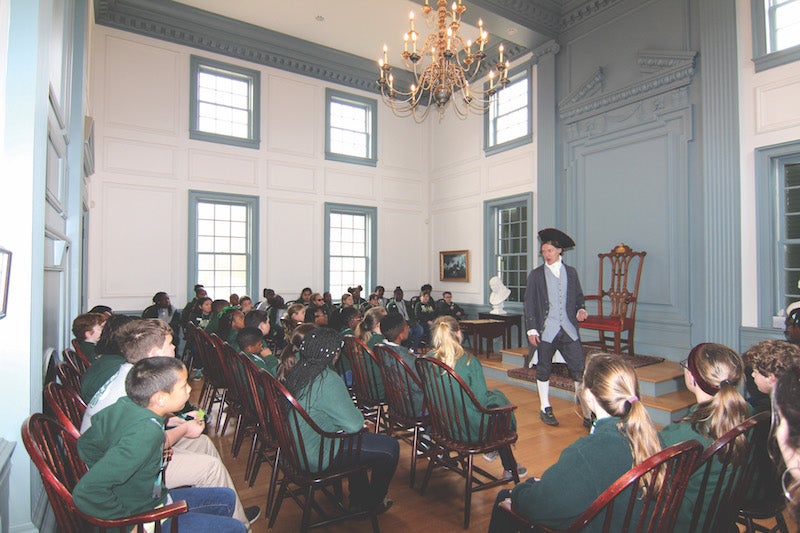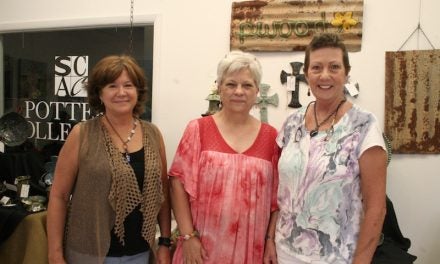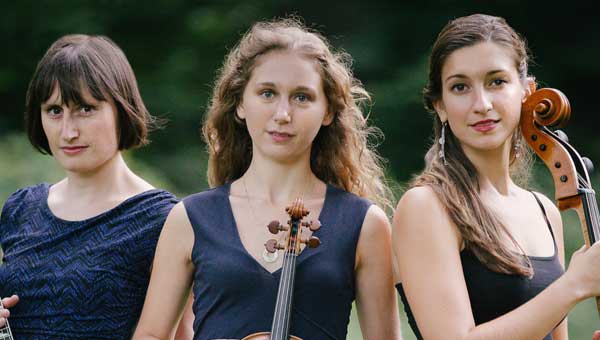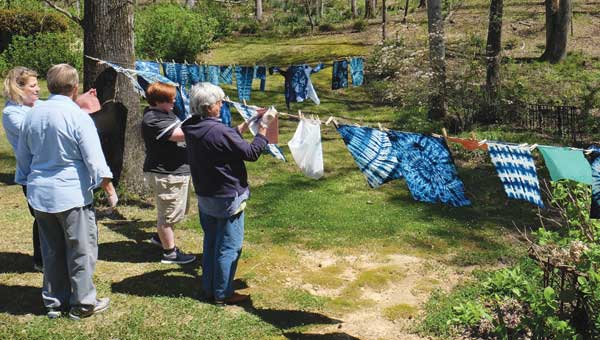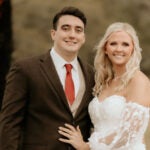School field trips at the American Village give students an up-close glimpse of pivotal moments in America’s early years.
The American Village does some of its most important work through its role as a unique Pre-K–12 classroom. Partnering with public, private and home school leaders and educators, the American Village welcomes tens of thousands of school visitors annually.
Educational programs are designed to immerse and engage young people in some of America’s important founding stories, and once engaged, to draw them into discovering their own roles as citizens and leaders who are stewards of America’s liberty. In the 18-year history of the American Village, more than 650,000 students have become immersed as firsthand participants, personally caught up in the excitement and drama of America’s revolutionary experience.
Students of all ages are fully engaged in programs grounded in critical academic content. The students also are intrigued and captivated as they “step into the scene” of stories of the past which become real, personal and relevant. This is an intimate, personal and authentic encounter with some of the people of America’s past, helping students understand who we are as Americans today. By learning of the foundations of American self-government, these students are preparing themselves to take on what has been called the most important office in our land, that of citizen.
The American Village’s signature educational program is Liberty! and is specially designed for fifth grade United States history. (It also is adapted for high school students with more advanced vocabulary and context.)
This compelling program begins as students gather in front of the Colonial Courthouse. A contemporary staff member outlines the logistics of the school program and ends with a smiling encouragement for students to participate. Almost instantly students are surrounded by persons of the colonial past in period clothing.
In the flash of that moment the students become part of a 1765 protest against the Stamp Act. They quickly jump into the scene, becoming incensed at the audacity of the Chancellor of the Exchequer to send stamp masters to these colonies. Before long they are shouting in unison, “No taxation without representation!”
Suddenly it is April 1775, and muffled drums grab everyone’s attention—the British “regulars” are on the move!—and a British officer demands the colonists stand down and let the Redcoats pass so they may secure the colonial armaments at Lexington and Concord. Then out of view a shot is fired, one heard ‘round the world, and that for these startled students signals a riveting moment in their own revolutionary experience.
In another suspenseful vignette, student-patriots conspire to get a secret message past the British to Paul Revere’s wife. A British soldier stops them as they carry the message and questions them. Usually the students manage to get the message past the enemy, although once a student unexpectedly admitted he was a spy, and later said his admission was because “I don’t do well under pressure!” Not cracking a smile or breaking out of character, the interpreter-soldier said “If you are, you’re not a very good one!” Students invariably rank this experience as heart-quickening and memorable.
The Fifth Virginia Convention is called to order this 15th day in the year of our Lord 1776. The students have assigned roles – some are loyalists, some patriots and others undecided. Student-Patrick Henry reads his proposed resolves for Virginia’s independence, and they are vigorously debated. Carefully the Clerk invites them to contrast their experience in the mother country and in the colony, to consider the choices (and consequences) confronting them. In history the resolves were adopted unanimously; will that be the case this day?
It’s off to Washington’s Army and the winning of the American Revolution. Popular among students, they drill earnestly to win the praise of their sergeant. Along the way these youthful patriots learn powerful lessons of service and sacrifice for country. And in the end they leave more aware and respectful of those who protect our liberty.
Student-delegates gather in the Philadelphia-inspired Assembly Room, convening as delegates to the Constitutional Convention. Each is assigned a delegate to portray. A student takes the Rising Sun Chair to preside, portraying George Washington, president of the Convention. No matter the part of the Constitution being deliberated, the ending continues to provide the challenge: Is the sun carved on the back of the chair rising or setting for America?
To book a classroom visit for your students or home school group, visit americanvillage.org and click on the American Village Classroom tab. School group reservations are accepted through the website. Teachers can also view the current field trip catalog, and read about each of the educational programs.

